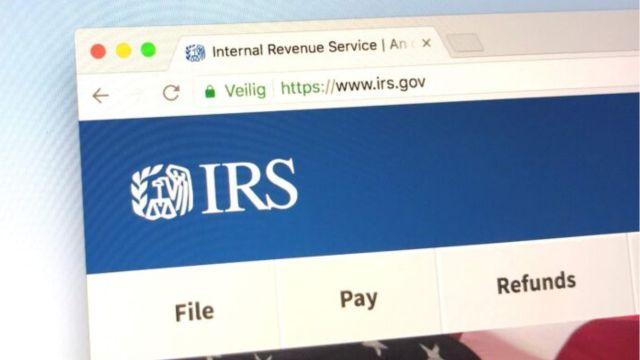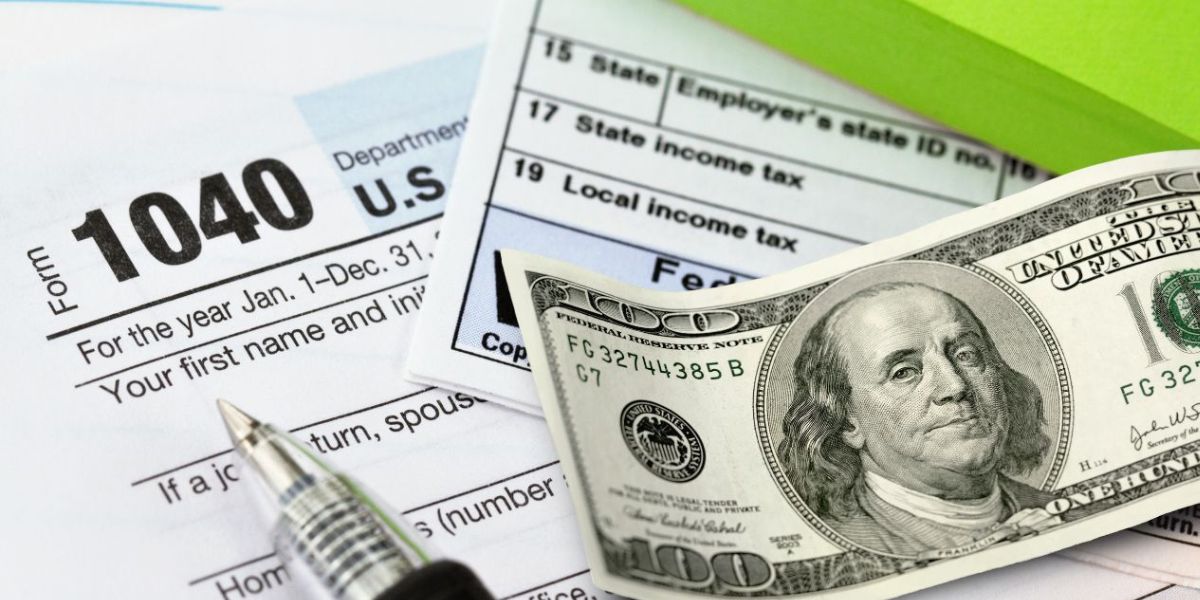The tax season has officially started. The Internal Revenue Service (IRS) will collect and process 2024 tax returns from January 27 to April 15.
More than 140 million taxpayers are likely to file their returns on time, according to government statistics.
Notifying the IRS of income is the primary goal of tax filings, but they also give you the opportunity to apply for a number of refundable tax credits.
The Earned Income Tax Credit (EITC), which offers eligible taxpayers refunds of up to $8,000, is one of the most well-known. However, if certain conditions are met, certain individuals may be eligible for reimbursements of more than $11,000.
For those who fulfill these conditions, the Internal Revenue Service (IRS) has confirmed a $11,000 reimbursement.
Only Californians who qualify for the federal Earned Income Tax Credit (EITC) and the state-level California Earned Income Tax Credit (CalEITC) are eligible for refunds over $11,000.
According to Free Tax Prep LA, a company that assists Californians with tax preparation, if you are employed and earn a low to moderate income, you can receive about $10,000 in cash from both the federal and California Earned Income Tax Credits.
The EITC is a refundable benefit available to individuals and families with low to moderate incomes.
Credit for Earned Income Tax (EITC)
This federal tax benefit is available to individuals and families with low to moderate incomes. Eligibility is based on annual income and the number of eligible children. Americans must fulfill the following criteria in order to be eligible for this IRS refund:
- Earned money
- Possess less than the maximum quantity of revenue from investments.
- Have a current Social Security number
- Be either a U.S. citizen or a resident alien for the entire year.
- Form 2555 (for foreign-earned income) should not be submitted.
Americans must file Form 1040, Individual Income Tax Return, or Form 1040-SR, Senior Tax Return, in order to be eligible for the Earned Income Tax Credit (EITC).

If you are claiming the Earned Income Credit for a qualifying child, you also need to include the Schedule EIC (Form 1040 or 1040-SR) with your return. The Schedule EIC is not required if you are claiming the credit without a qualified child.
IRS to Send $1,400 Back to Millions of Taxpayers: Find Out If You’re Eligible
CalEITC, or the California Earned Income Tax Credit
Low-income working Californians can get assistance through the California Earned Income Tax Credit (CalEITC). You may qualify for up to $3,644 in cashback or a reduction in your tax obligation.
With CalEITC’s help, you may also be eligible for additional benefits, like the Young Child and Foster Youth tax credits. California residents who fulfill specific income requirements and other requirements, as listed below, may be eligible for this additional state credit:
- Be at least eighteen or have a child who qualifies.
- Earned at least $1,000 annually and no more than $31,950.
- Verify that you, your spouse, and any children who qualify have a current Individual Taxpayer Identification Number (ITIN) or Social Security number.
- Stay in California for more than half of the tax year.
- not be eligible to be claimed as a qualifying dependant or child of another taxpayer.
You must include both credits on your tax return if you are eligible for them. The maximum amount you can receive for both credits is $11,474, though the precise amount will depend on your yearly income and the total number of qualified children.
The CalEITC calculator and the EITC virtual assistant can give you a sense.
Property Tax Rebate in Pennsylvania is Back: Here’s How to Apply in 2025
When can Americans expect to get their refund from the IRS?
Once your tax return has been processed by the IRS, you will receive a refund for both credits. If you have set up direct deposit, the IRS typically delivers payments 21 business days after processing.
Those without direct deposit may have to wait anywhere from six to twelve weeks, depending on the circumstances. To maximize your refund this year, make sure to include both the EITC and CalEITC on your tax return if you are eligible for both.




